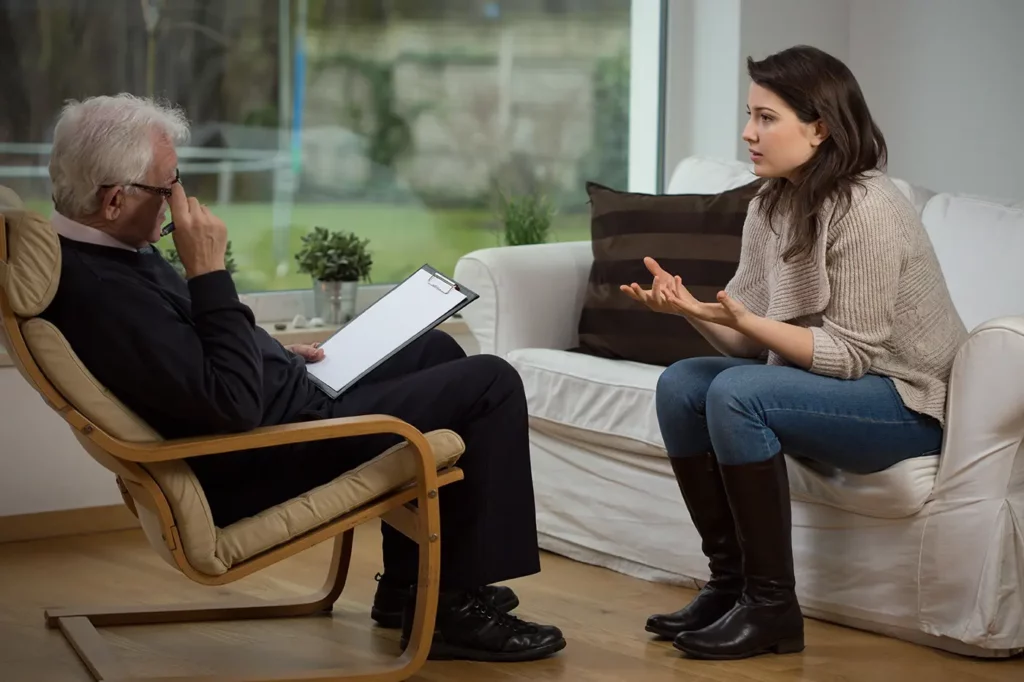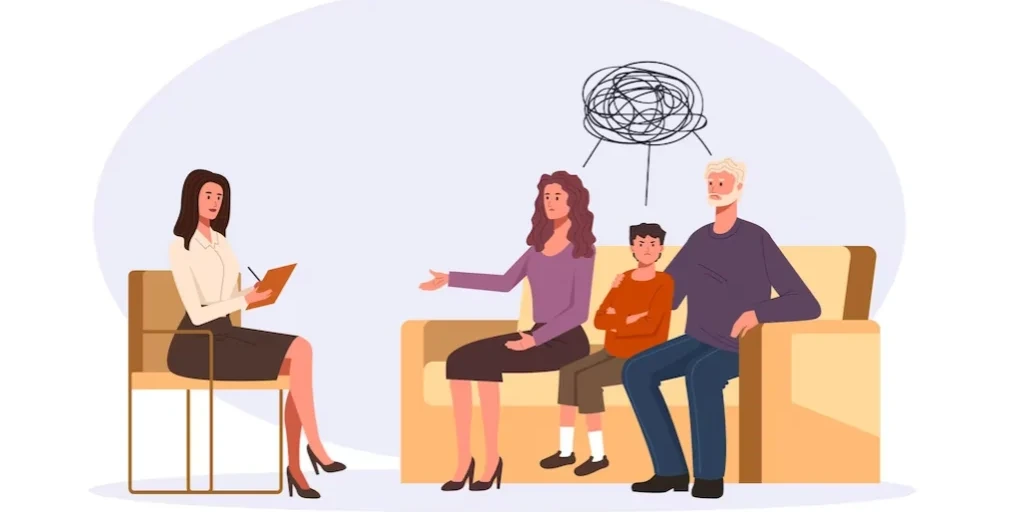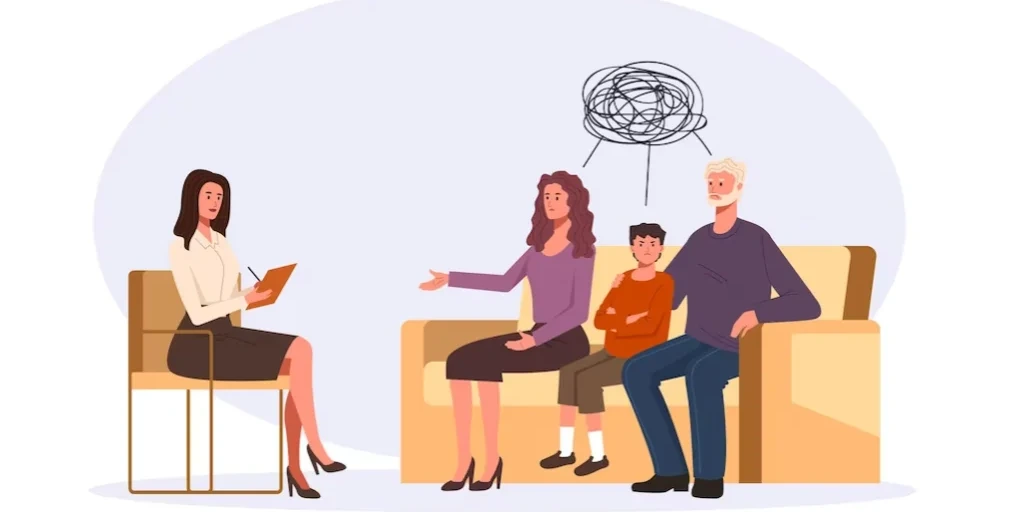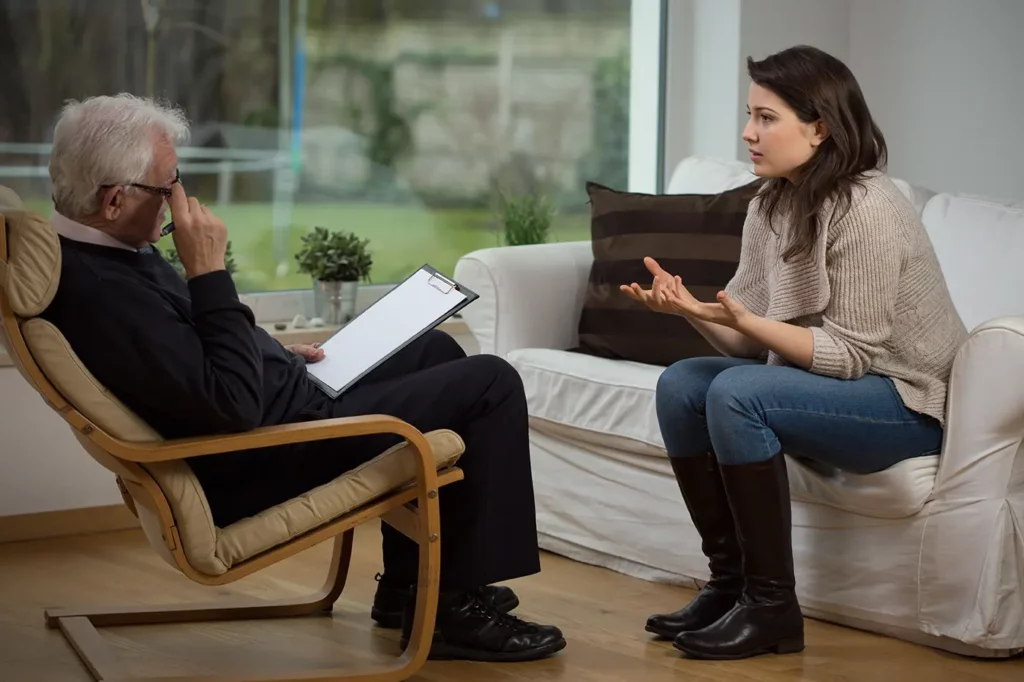24/7 Helpline:
(866) 899-221924/7 Helpline:
(866) 899-2219
Learn more about Couples Rehab centers in Newton County

Other Insurance Options

PHCS Network

Coventry Health Care

MHNNet Behavioral Health

Highmark

UnitedHealth Group

Oxford

WellCare Health Plans

Choice Care Network

Access to Recovery (ATR) Voucher

Regence

Aetna

Amerigroup

Lucent

BlueShield

UMR

Magellan Health

Private insurance

BHS | Behavioral Health Systems

Evernorth
Beacon

Damascus Road Recovery
Damascus Road Recovery is a non-profit rehab located in Covington, GA. Damascus Road Recovery specia...

ASFC Outreach Therapeutic Counseling
ASFC Outreach Therapeutic Counseling offers mental health and substance abuse services for children,...

Viewpoint Health – Newton Center
Viewpoint Health- Newton Center is a substance use disorder treatment center that provides a wide co...

Viewpoint Health – GRAN Recovery Center
Viewpoint Health - GRAN Recovery Center provides education, treatment and support to families who ne...

New Season – Covington Metro Treatment Center
New Season - Covington Metro Treatment Center is a private rehab located in Covington, KY. New Seaso...

Commonwealth Counseling Services
Commonwealth Counseling Services is a private rehab located in Covington, Kentucky. Commonwealth Cou...

NorthKey Community Care – Farrell Drive
NorthKey Community Care - Farrell Drive provides mental health services based in research and integr...

NorthKey Community Care – Madison Avenue
NorthKey Community Care- Madison Avenue is located in Covington, Kentucky. They offer alcohol and dr...

Sober Living – Garrard St. Men’s House
Sober Living - Garrard St. Men's House offers a clean and affordable house for those men in recovery...

Sober Living – Russell Street Men’s House
Sober Living is a nonprofit organization in Covington, KY that’s committed to providing safe, afford...

Lakeview Regional Behavioral Health
Lakeview Regional Behavioral Health is a drug and alcohol rehab and medical facility located in Covi...

Covington Behavioral Health Hospital
Covington Behavioral Health Hospital is located in Covington, Louisiana. They provide addiction trea...

Townsend Recovery Center
Lake Wellness Center is a drug and alcohol addiction treatment center located in Covington, LA. The ...






































Viewpoint Health – Strive Clubhouse
Viewpoint Health - Strive Clubhouse is a fun, interactive, peer-driven program designed to provide a...

Mental Health America
Mental Health America knows that the invisible chains of misunderstanding and discrimination are sti...

Transitions
Located in Covington, Kentucky, Transitions is an alcohol and drug rehab program that offers addicti...

Redwood School and Rehabilitation Center
Redwood School and Rehabilitation Center is a private rehab located in Covington, Kentucky. Redwood ...

Greater Cincinnati Behavioral Health Services
Greater Cincinnati Behavioral Health Services is a private rehab located in Covington, Kentucky. Gre...

Dougherty House
Dougherty House is a private rehab located in Covington, Kentucky. Dougherty House specializes in th...

The Ridge Behavioral Health System
The Ridge Behavioral Health System - Levassor Place is located in Covington, Kentucky. The Ridge Beh...

NorthKey Community Care – Scott Boulevard
NorthKey Community Care - Scott Boulevard provides mental health services based in research and inte...

Mainspring Wellness & Counseling
Mainspring Wellness & Counseling is a public rehab located in Covington, Kentucky. Mainspring Wellne...






















